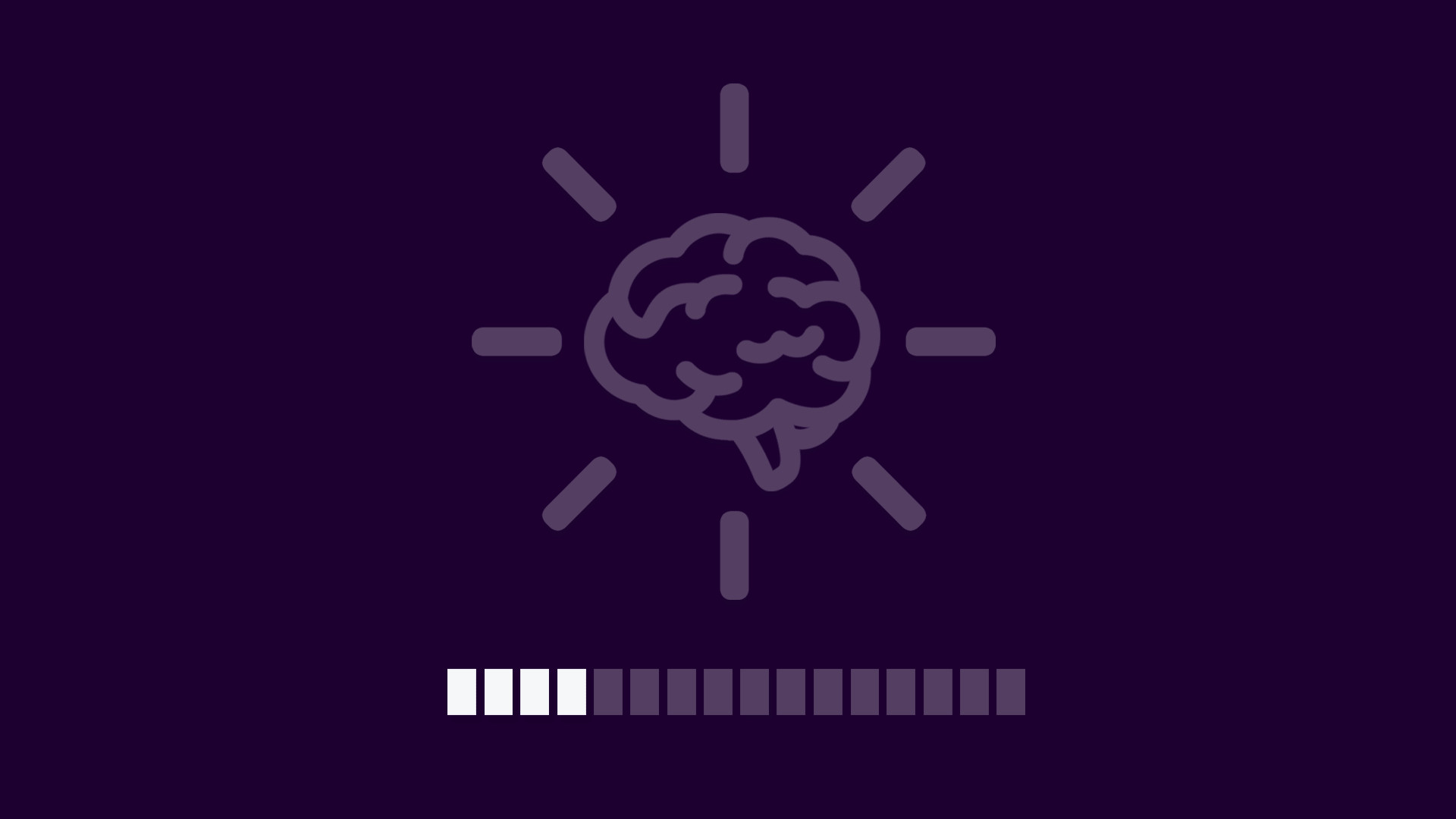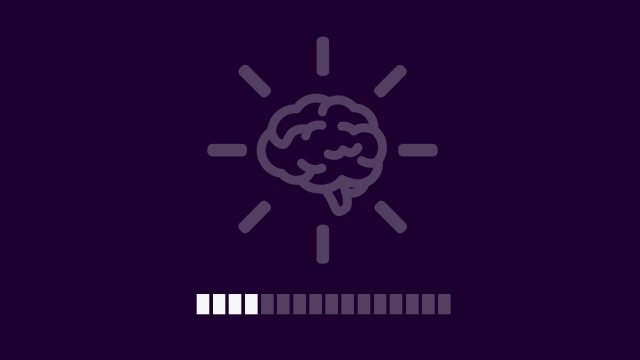
In a journey towards healing from the often intertwined struggles of depression and addiction, the path to recovery can seem daunting. This road is where the transformative power of counseling and therapy shines. Navigating through these challenges requires a compassionate guide who understands the complexities of mental health and substance use disorders. Counseling provides a safe harbor for individuals to unpack their emotions, confront their thoughts, and develop coping strategies to navigate the turbulent waters of depression and addiction.
Types of Counseling Available
When seeking support for depression and addiction, individuals have options for different types of counseling to consider. One common approach is cognitive-behavioral therapy, which focuses on changing negative thought patterns and behaviors that contribute to these conditions. This therapy helps individuals develop coping strategies and a more positive mindset to manage their emotions effectively.
Another effective counseling approach is mindfulness-based therapy, which encourages individuals to stay present in the moment and cultivate self-awareness. By practicing mindfulness techniques, individuals can learn to observe their thoughts and feelings without judgment, reducing impulsivity and promoting healthier decision-making skills. This type of therapy can be particularly beneficial for those dealing with addiction and depression, as it fosters a greater sense of control and empowerment.
Motivational interviewing is a counseling technique that can be helpful for addressing ambivalence and resistance to change. Through empathetic listening and open-ended questions, therapists using this approach can help individuals explore their motivations for making positive changes in their lives. This type of counseling can be instrumental in helping individuals overcome obstacles and find the internal motivation needed to recover from addiction and manage depression effectively.
Addressing Dual Diagnosis
Individuals who struggle with both depression and addiction face a unique challenge that requires specialized treatment. This co-occurring condition, known as dual diagnosis, involves addressing the interconnected nature of mental health and substance abuse issues. It is essential for counseling professionals to understand the complex relationship between depression and addiction in order to provide effective support and intervention.
Therapy sessions for individuals dealing with dual diagnosis often focus on exploring underlying emotional triggers for both depression and addiction. By uncovering and addressing these root causes, clients can begin to untangle the web of intertwined symptoms and behaviors. Therapists may use a combination of cognitive-behavioral techniques and addiction counseling strategies to help clients develop coping mechanisms and healthier ways of managing their emotions.
Family
Integrated treatment plans that involve collaboration between mental health professionals and addiction specialists are crucial for successfully addressing dual diagnosis. By taking a holistic approach that considers both the mental health and substance abuse components, individuals can receive comprehensive care that targets all aspects of their well-being. Through a combination of therapy, support groups, medication management, and behavioral interventions, individuals can embark on the road to recovery with a strong foundation for sustained healing.
Effective Strategies for Recovery
Incorporating therapy sessions into your weekly routine can provide valuable insights and coping mechanisms for both depression and addiction. Engaging in talk therapy allows you to address underlying emotional issues and triggers, paving the way for a more sustainable recovery journey.
Additionally, participating in group counseling sessions can foster a sense of community and support among individuals facing similar struggles. Sharing experiences and learning from others’ perspectives can offer a unique source of encouragement and motivation to stay committed to the recovery process.
Exploring holistic approaches such as mindfulness meditation and yoga can complement traditional therapy methods. These practices help cultivate self-awareness, reduce stress, and promote overall well-being, contributing to a more comprehensive and balanced recovery plan.

